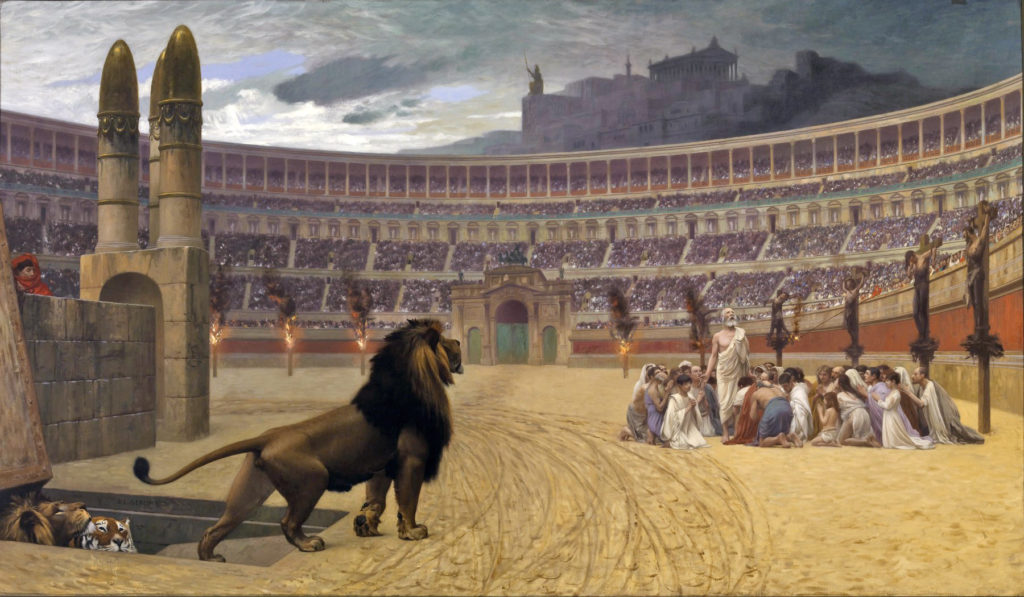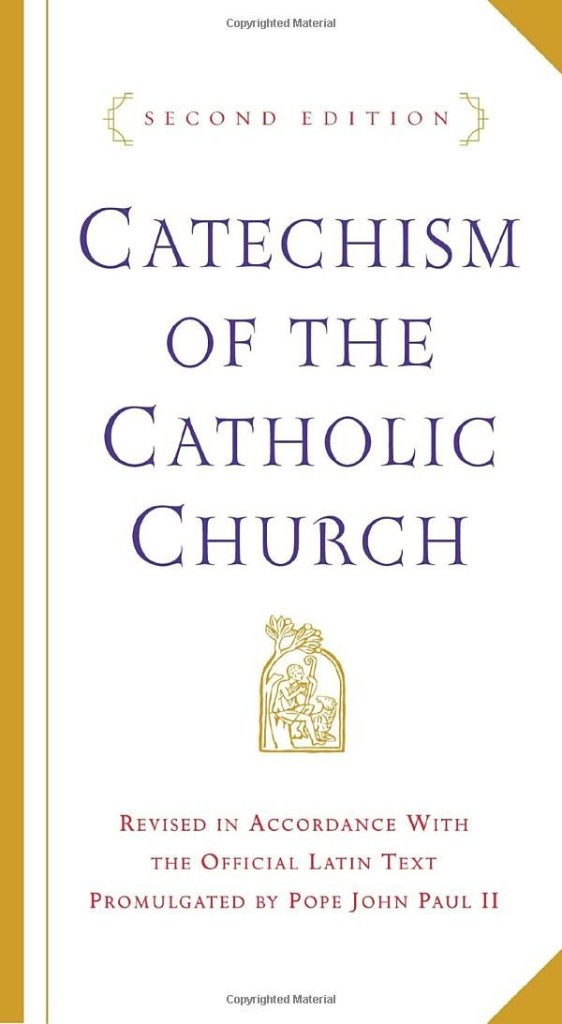How Rosary Prayer Teaches Us About Complete Faith in God
Hopefully, you can take a break from all the election related news and meditate on this Sunday’s Gospel. It’s a long one so I’m just pasting the part I want to focus on in this post. “Before all this happens, however, they will seize and persecute you, they will hand you over to the synagogues […]
How Rosary Prayer Teaches Us About Complete Faith in God Read More »





